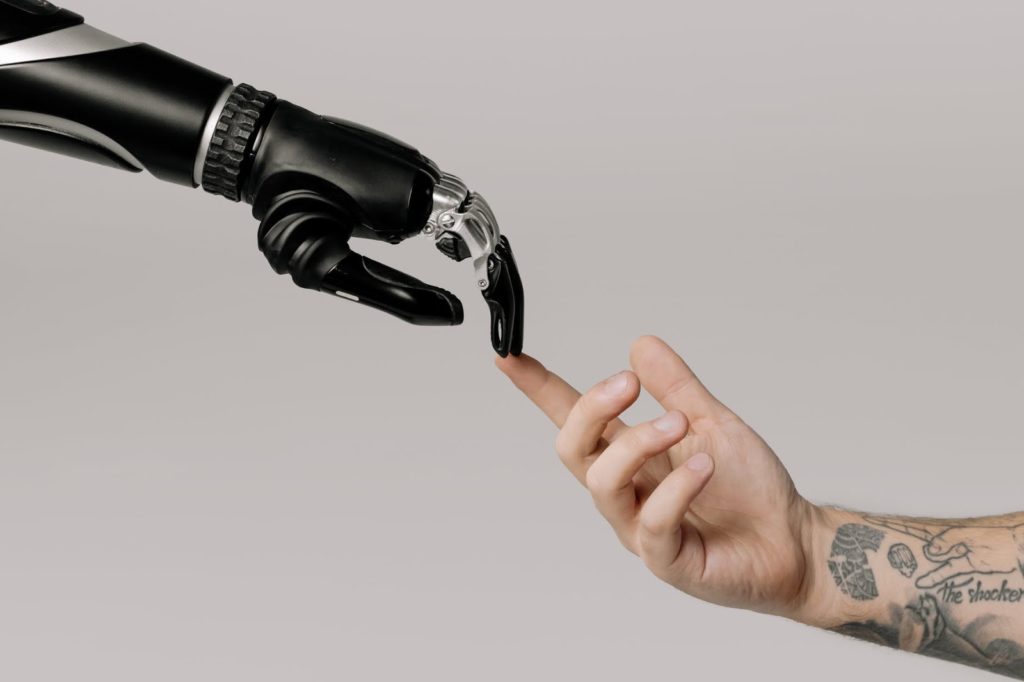‘Legends are born here.’?
This is the catchphrase of the new Cyberpunk 2077 game that is expected to hit the stores in November, and supposedly turn the gaming world upside down. Given the previous background of CD Project, the creator of the game, Cyberpunk 2077 has every chance of becoming a commercial success (which is only proven by the fact that half of the AXDRAFT team has listed pre-order forms and are anxious to hit the play button).
It already kind of feels like the legends are not only born in metropolis Night City in California, but at CD Project company in Poland.
Now why am I even talking about this?

As I am looking at the futuristic game concept arts, two questions are pulsing in my head:
- What can make a legal tech company really legendary?
- What future awaits the legal tech and legal industry in general?
I don’t think I am the first person to ponder over the first question. Some would say that a legendary company is a jigsaw puzzle built with such details as brilliant customer care, an easy-to-use product with intuitive interfaces that meets the needs of the audience, whimsical messaging, and thousands of hours of hard work under the hood.
Which is true, of course, these are the essential building blocks in any success story. But is it all it takes to become legendary though?
I’d say no.
I’d even say hell no.
Much rather it is about breaking the mold and neglecting the retroactive approach that is all too tempting to resort to. It’s about crashing the tradition that many in legal cling to, and building a new tradition in its place. The theory of creative destruction is at the core of any transformation in the legal industry.
So the answer to my first question is:
A truly legendary legal tech company is the first to identify and embrace the downfall in legal processes’?and build innovation on the ruins of the previous experience, shaping it into a form no one could have expected.
Sounds kind of dystopian, doesn’t it?
Not much so if you look at it from a more synergistic standpoint. Which brings us to my second question. What does the future have in store for legal tech in the long run?
Off the top of my head, I came up with two scenarios for the development of legal operations in the future:
1. Legal services are fully robotized

In our digital era, this is what every expert is covertly afraid of’?that technology will overtake the industry and make human services unnecessary one day. With the giant leaps that AI and machine learning technologies are taking it’s no wonder that lawyers are feeling a bit uncertain, and hence, reluctant to trust legal tech.
I would not be so sure as to claim that this is the ultimate and inevitable path the industry is going to take. In fact, we ran a small quiz on our Twitter page asking the audience whether they think it is possible that technology replaces lawyers one day and 67% responded ‘Not in this lifetime.’?
This is backed up by the fact that legal operations, although being automated, are still very contextual, and require non-algorithmic thinking and a supreme level of sentiment analysis to account for all the flexibility of the human mind.
We’re just not there yet technologically, so I guess we’re safe for a half-century or so 😊
2. Legal tech becomes the ‘vital implant’? for any lawyer

Unlike the previous path, this one seems a lot more viable.
In Cyberpunk 2077, modifications and cybernetic implants are two of the widely used tropes, tracing back to endless sci-fi novels exploiting the same concept. While I am very curious to see to which lengths they will go presenting the idea of body modification in-game, both in emotional and informational aspects, it occurred to me that modifications in a broader sense are already used so widely in so many areas that we barely even notice it.
First home phones modified the way we communicate, then cell phones, and now social media. And yet they didn’t fully replace the previous ways to connect with people, but merely added to the accessibility and simplicity of communication. The same goes for many things, which we barely even notice now, and which complement our life and make it easier.
So why should the legal industry be any different?
Right now we are still at the dawn of legal tech adoption on a large scale. There are still legal experts who prefer to work the old school way’?printing, redlining, manually signing, scanning, and emailing their contracts, for instance.
But the tendencies suggest that they will end up as the few sooner or later (and I vote for sooner). So modification is gaining momentum here, and similar to implants in Cyberpunk 2077, all of them are designed to amplify possibility and automate redundant and mindless tasks. More so, now is the best time to start employing these legal process modifications into your workflows, to start gaining extra value and improve the quality of legal work before the bar is raised and you’ll need to keep up.
That’s what we built AXDRAFT for, to modify your contract management. Who knows, maybe we’ll end up a legend too one day 😏
After all, we’re all living in the world ‘of endless opportunity’? aren’t we?